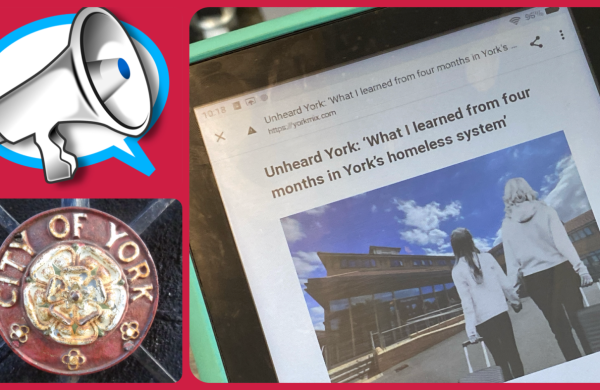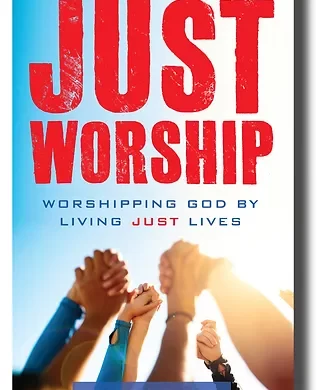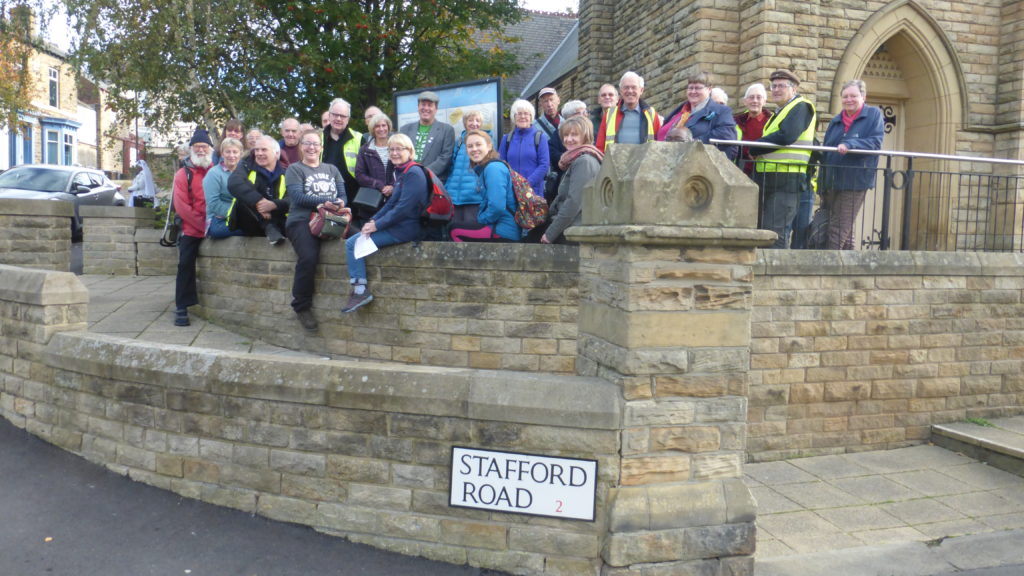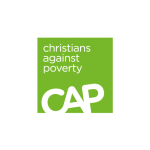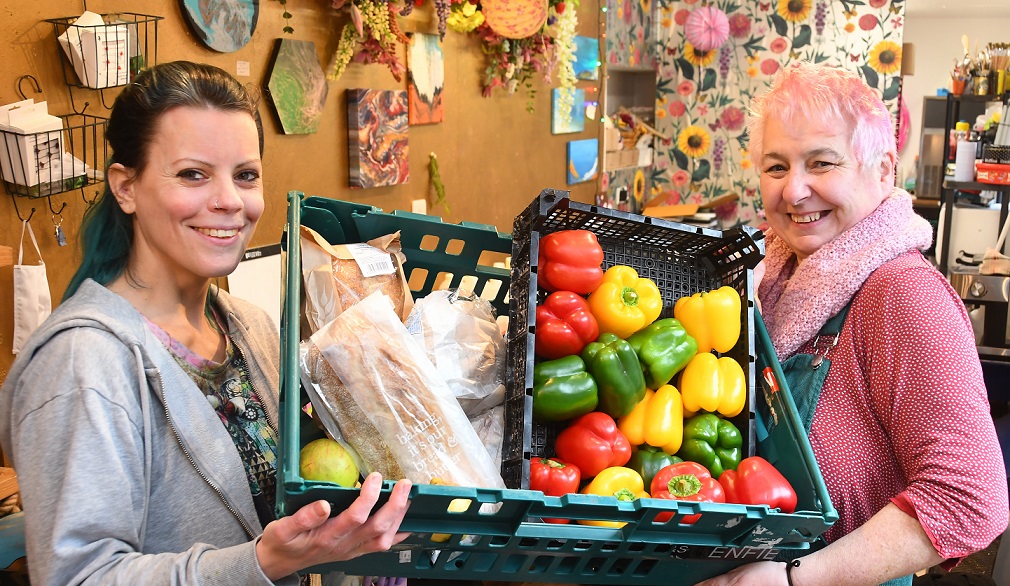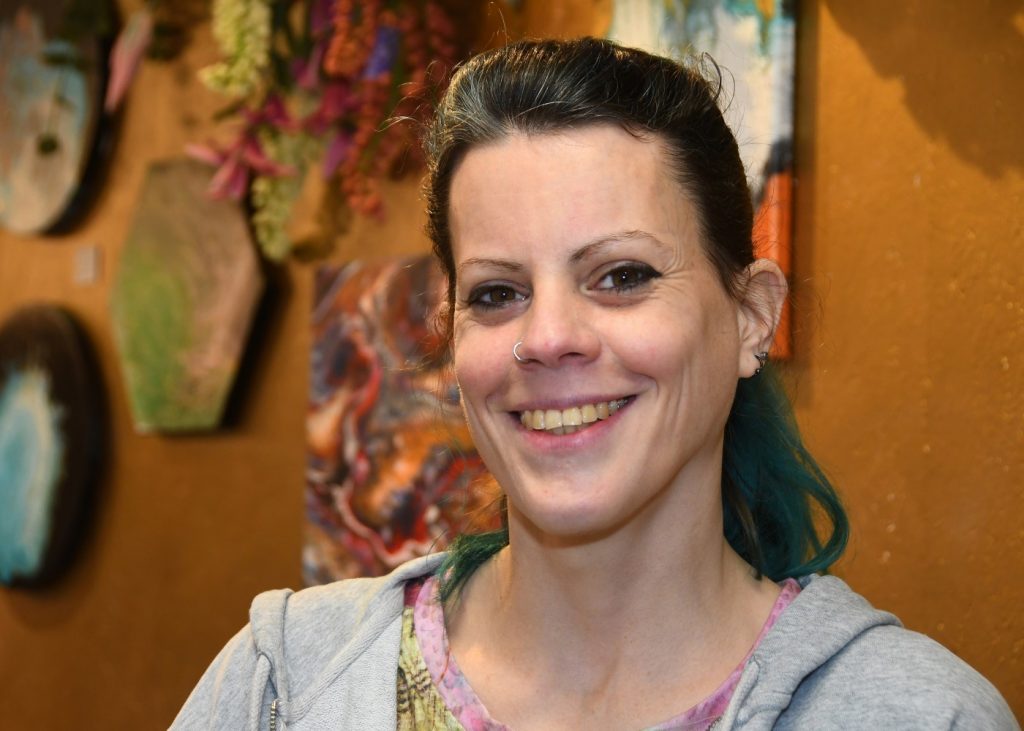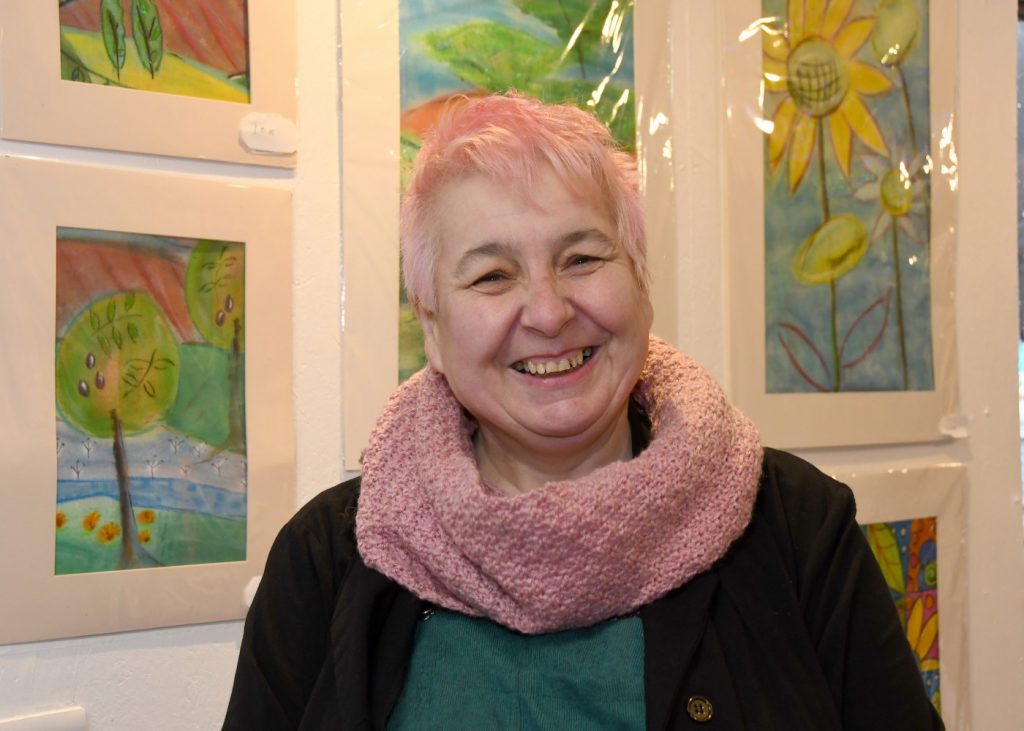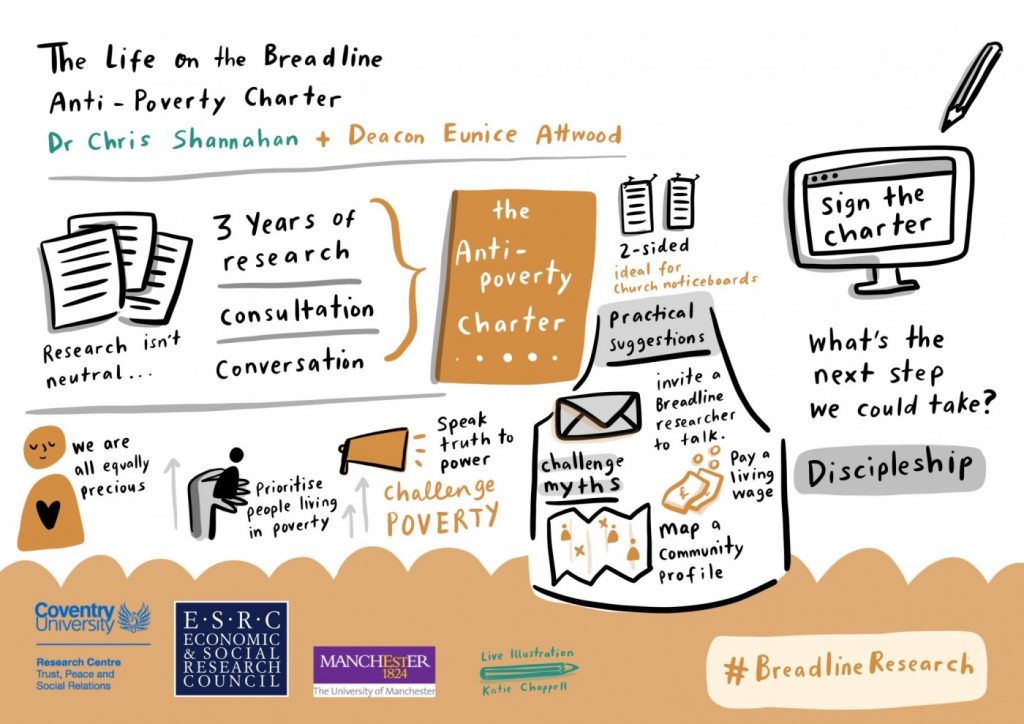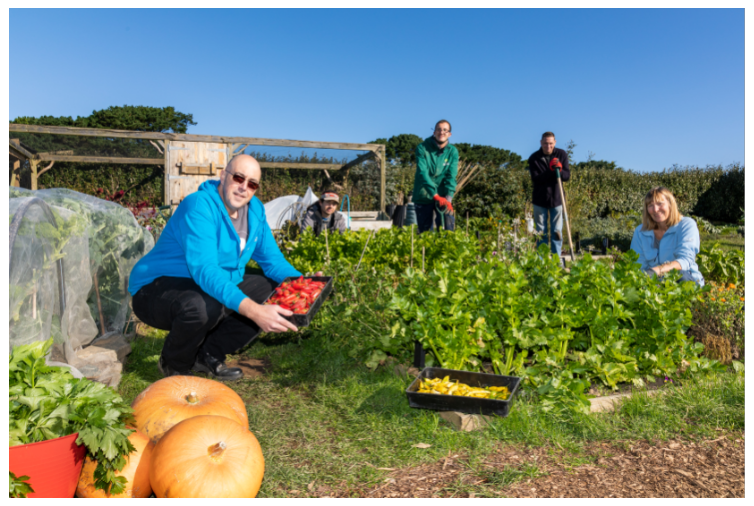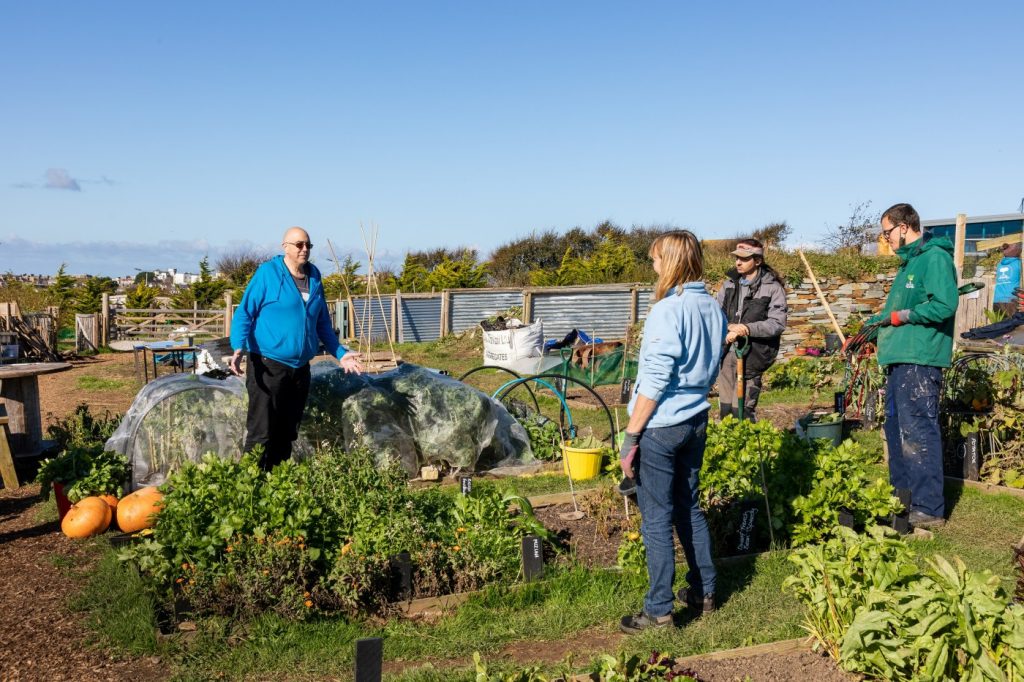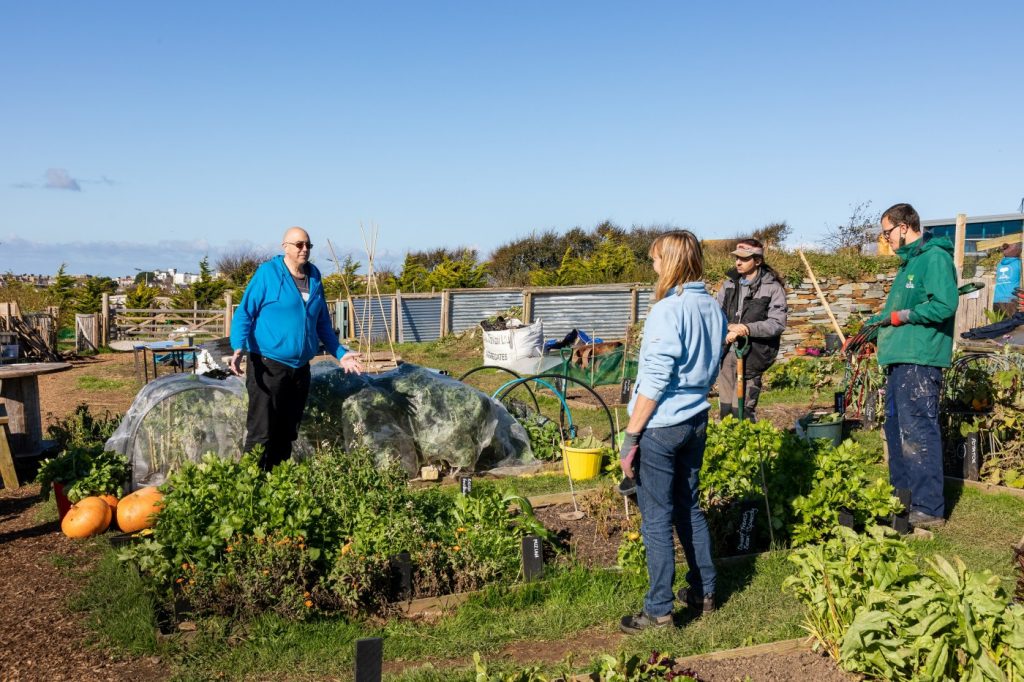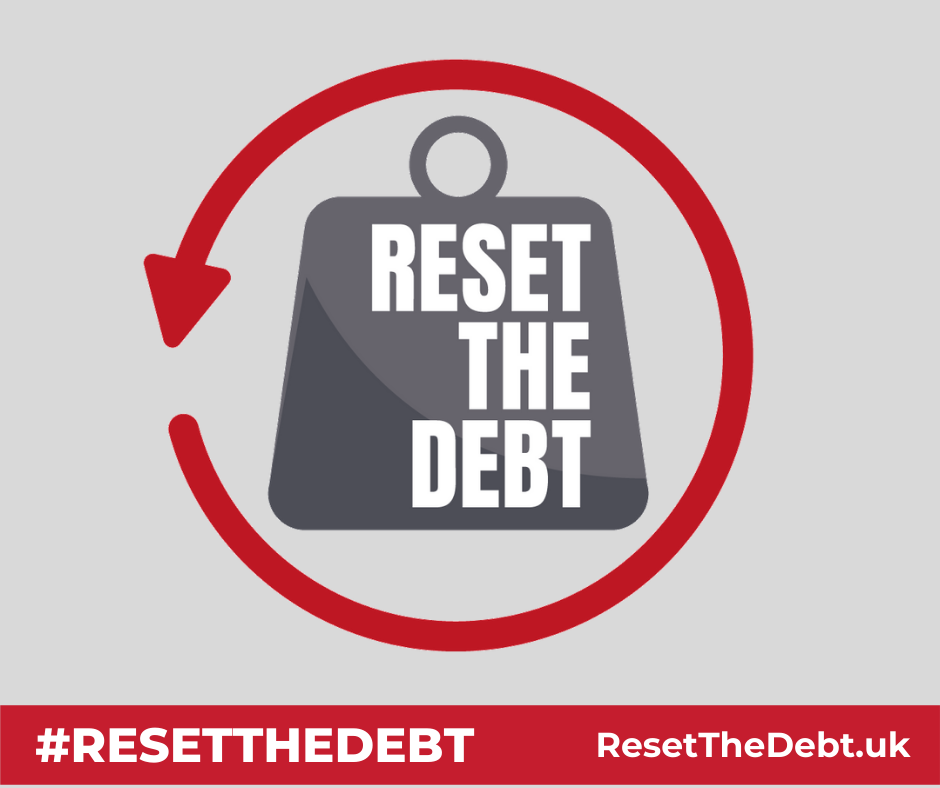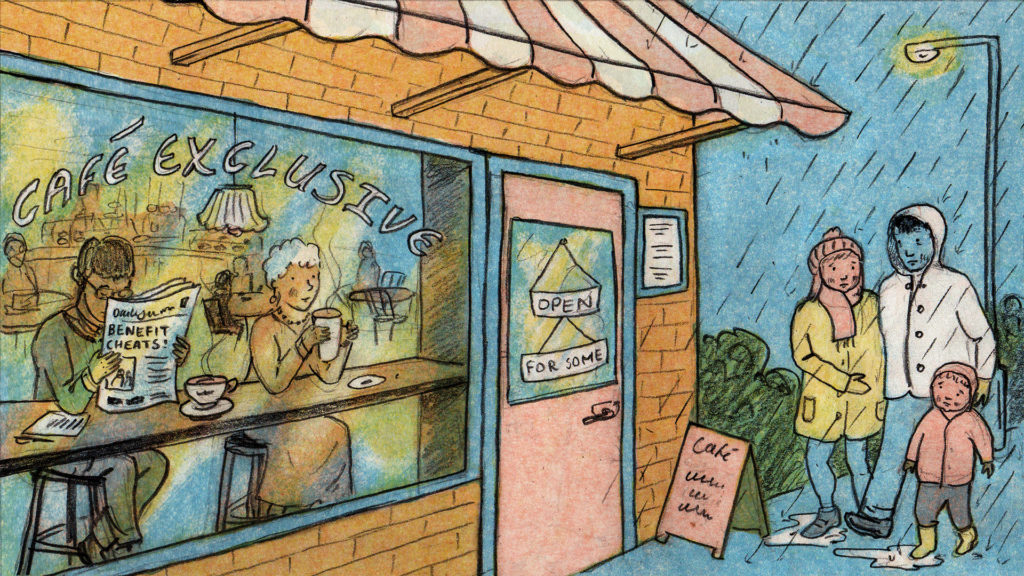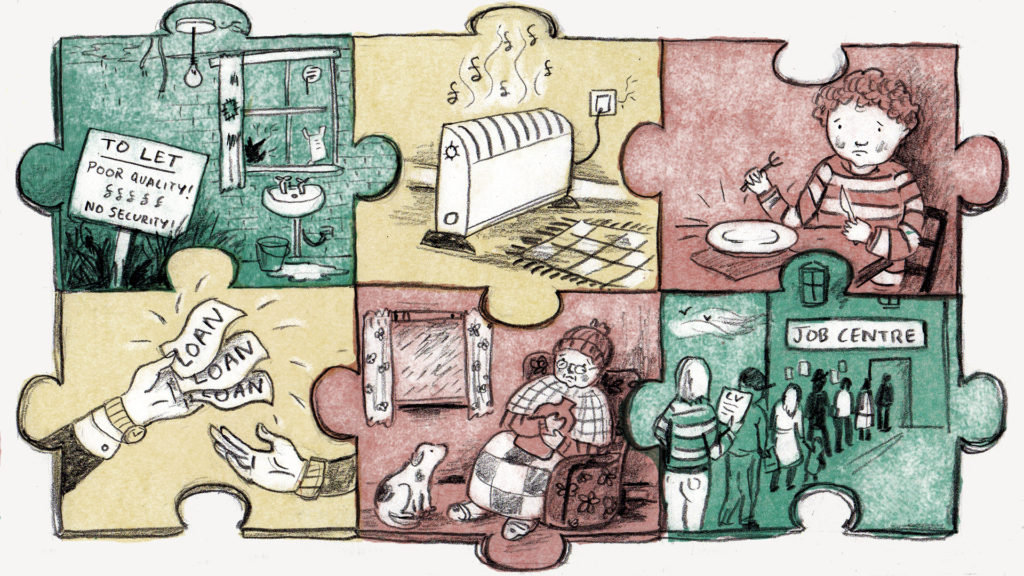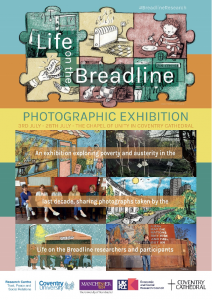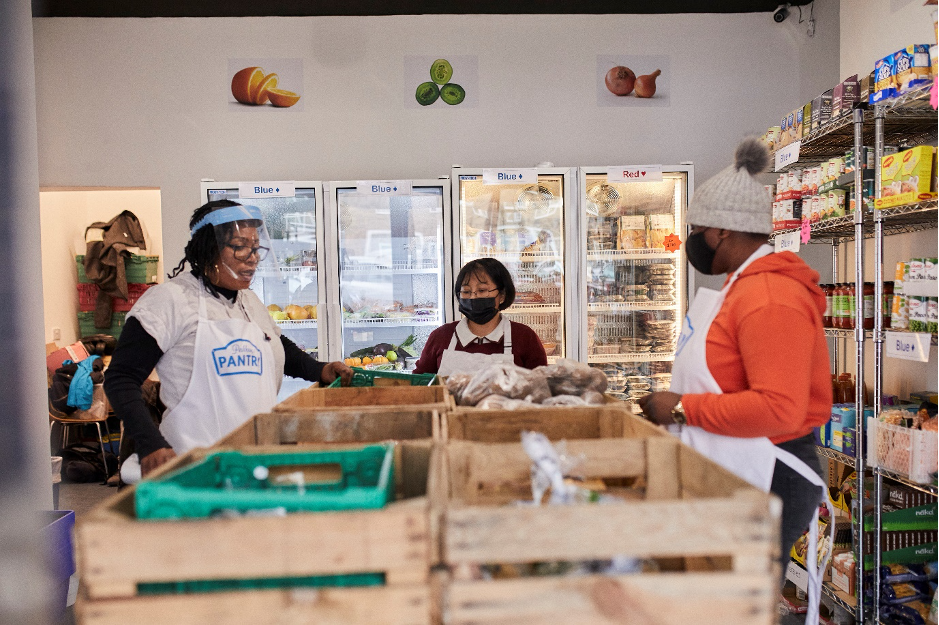What happened when Manchester sat down to talk about poverty…
There were ideas and determination aplenty at the Greater Manchester Big Poverty Conversation
One of the highlights of Challenge Poverty Week England & Wales took place on the opening day of the week, when about 100 people attended the Greater Manchester Big Poverty Conversation.
People with direct of experience shared their insights and expertise with local civic leaders and campaigners, and there was in-depth discussion about what needs to change locally.
If you missed it, here are some photos and highlights.
Here’s what Nadine from Manchester Poverty Truth Commission had to say.
Here’s Sasha Deepwell from Irwell Valley Homes:
Here’s Cllr Arooj Shah, leader of Oldham Council:
And here’s Ed Seeger from Tameside Poverty Truth Commission:
Message from the Mayor of Greater Manchester
The Mayor of Greater Manchester, Andy Burnham, was unable to attend but recorded a video for the audience, including this message:
Photos from the Greater Manchester Big Poverty Conversation
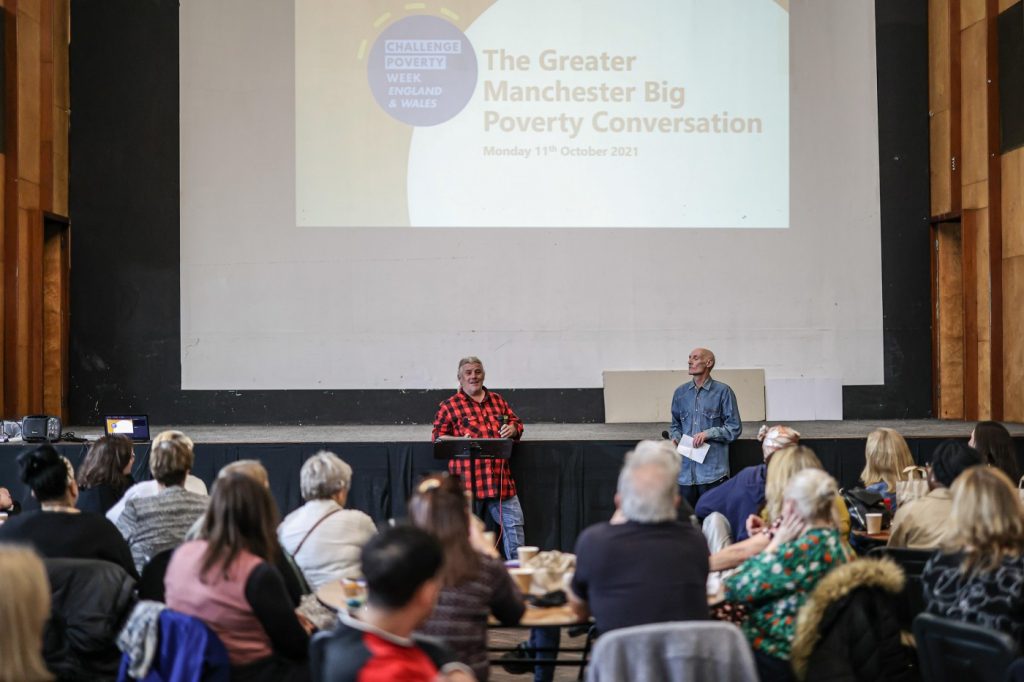
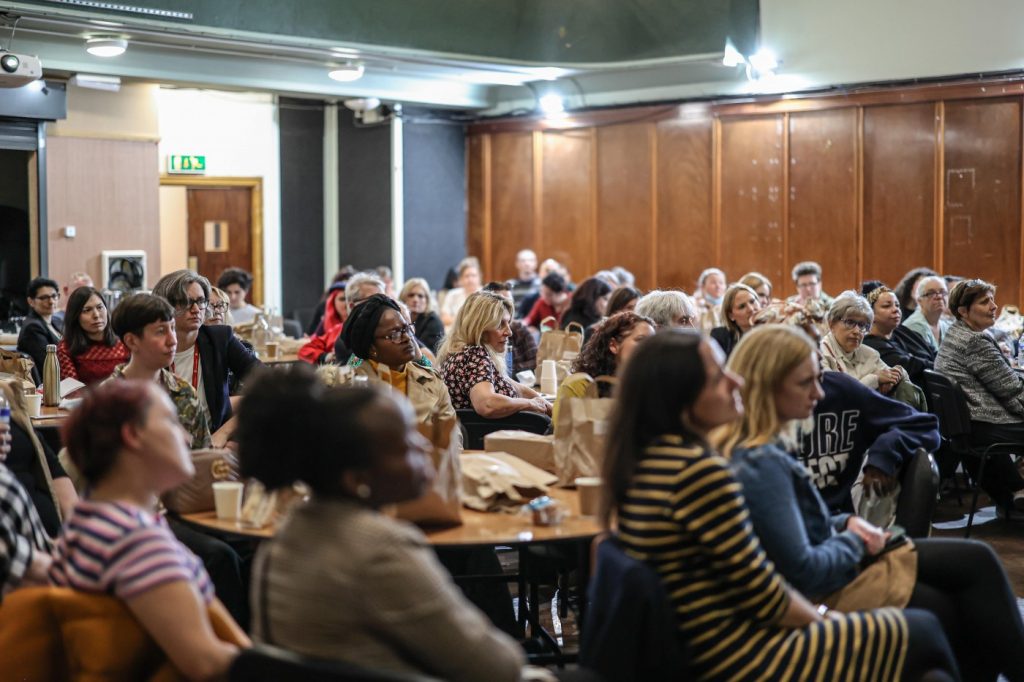
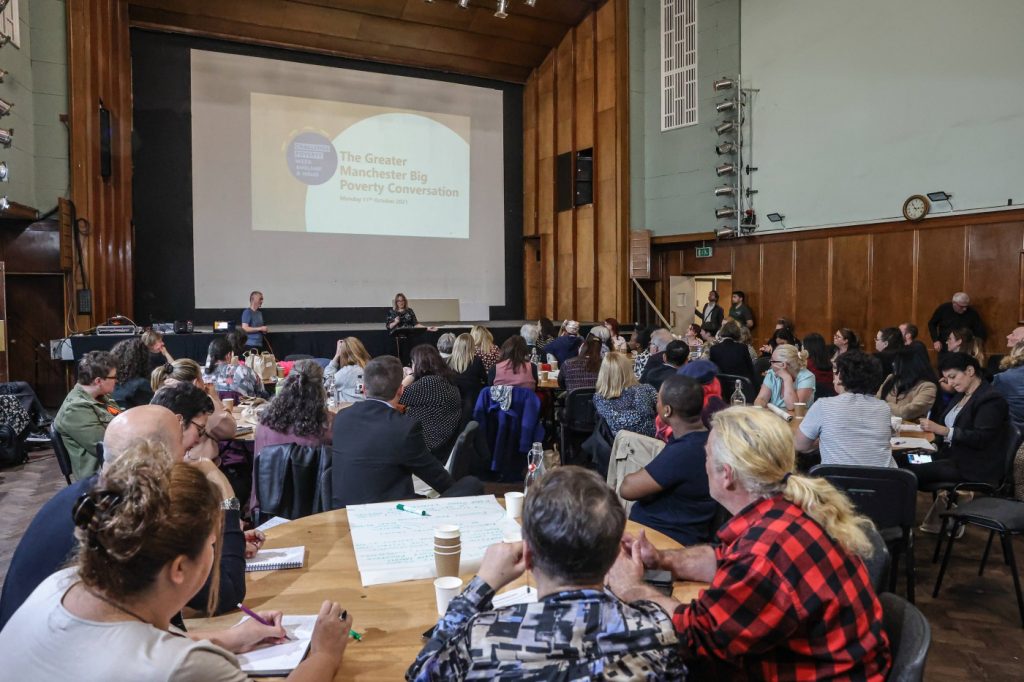
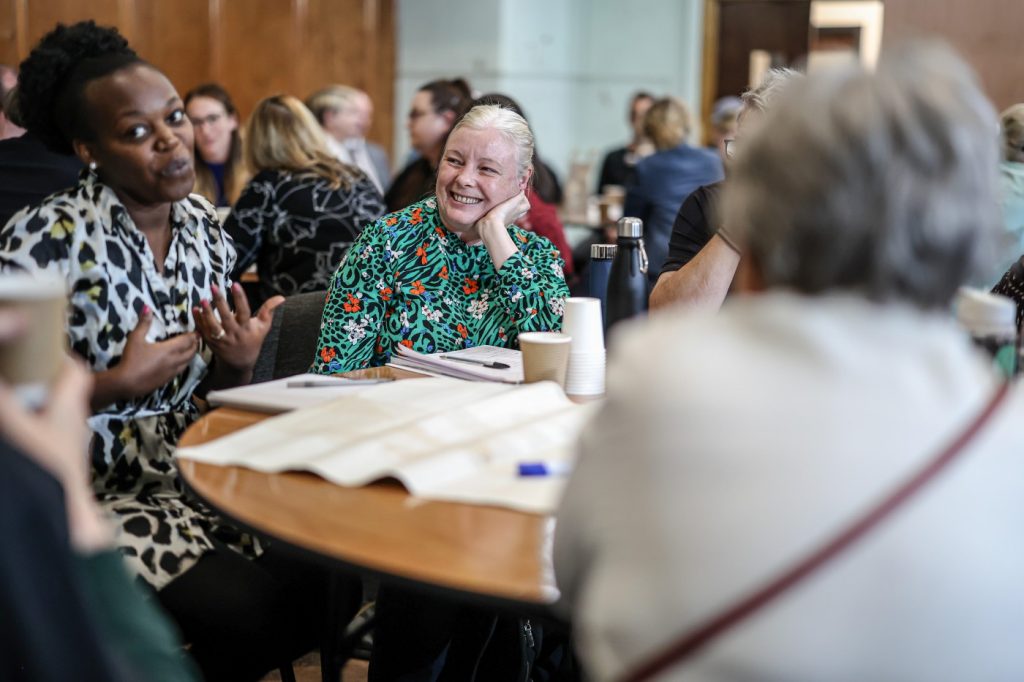
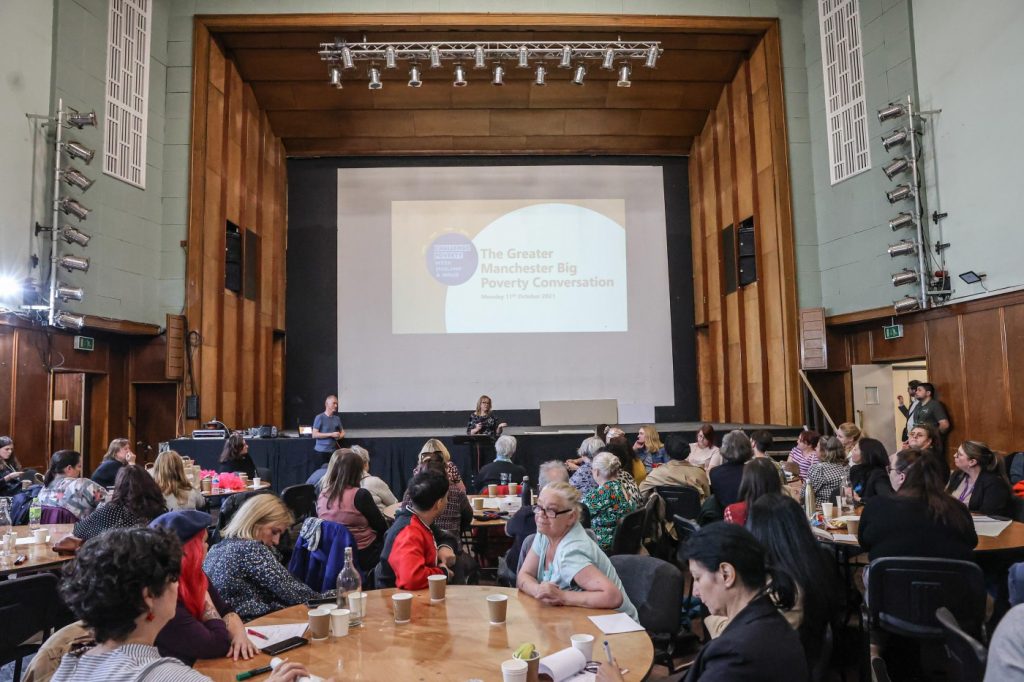
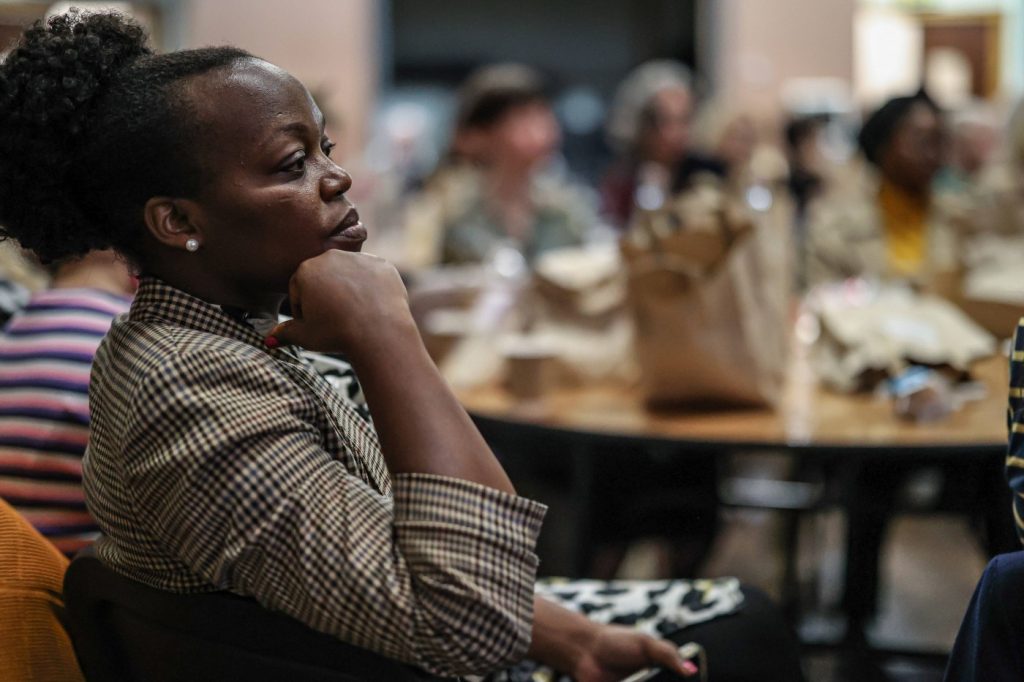
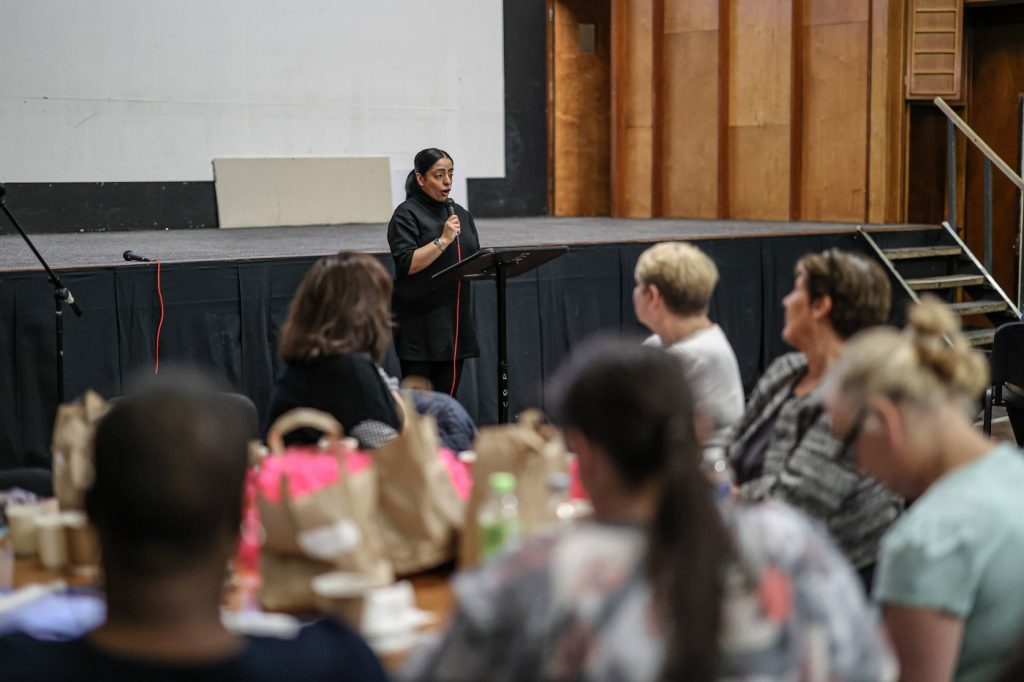
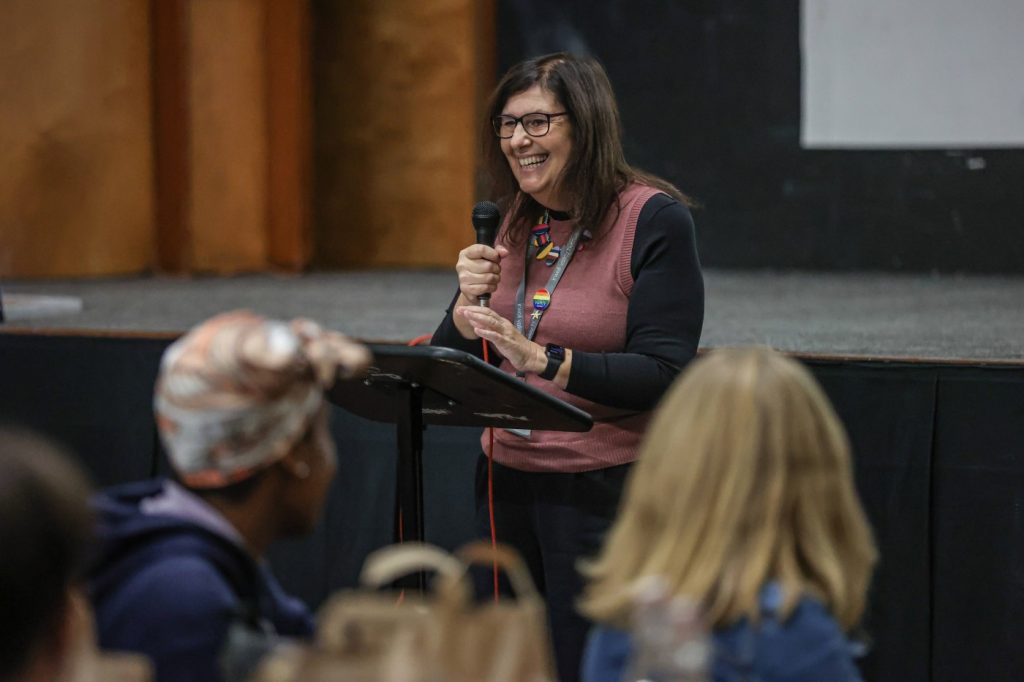
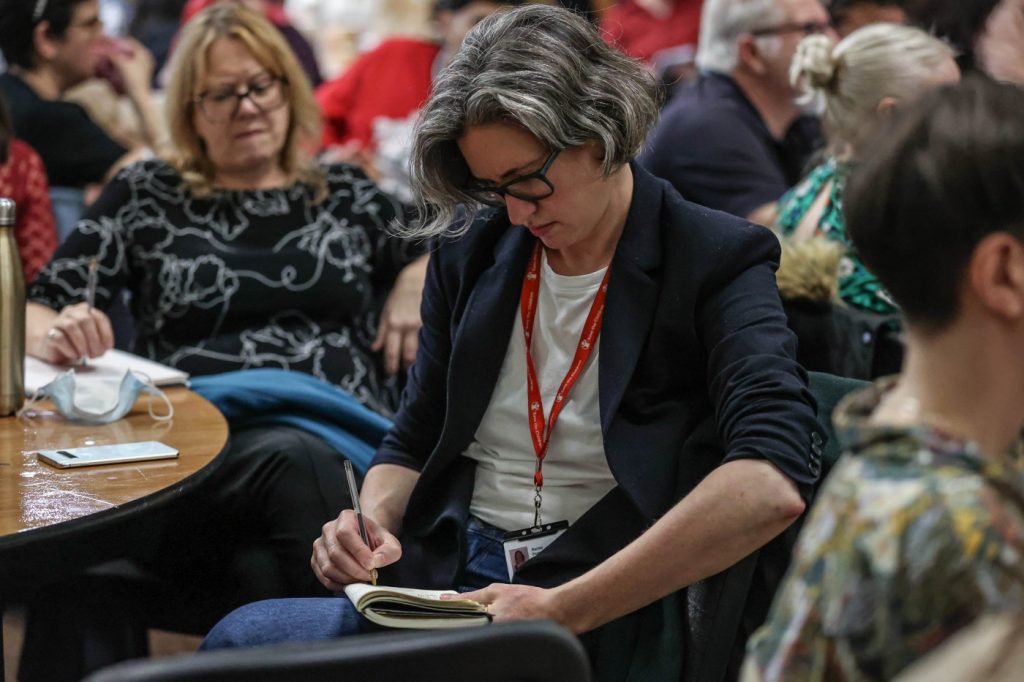
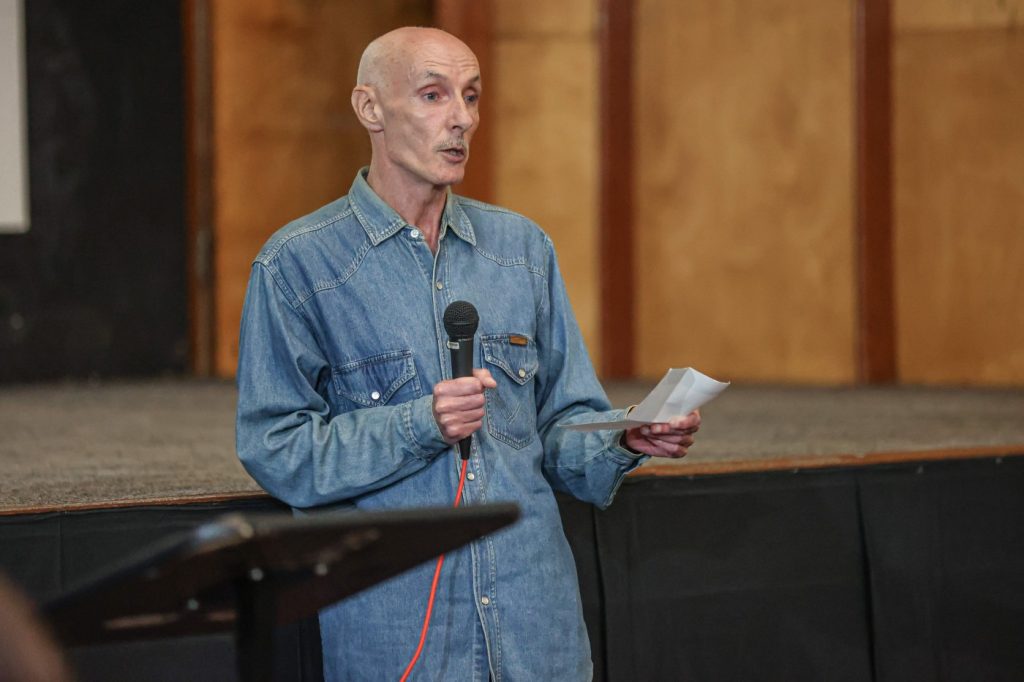
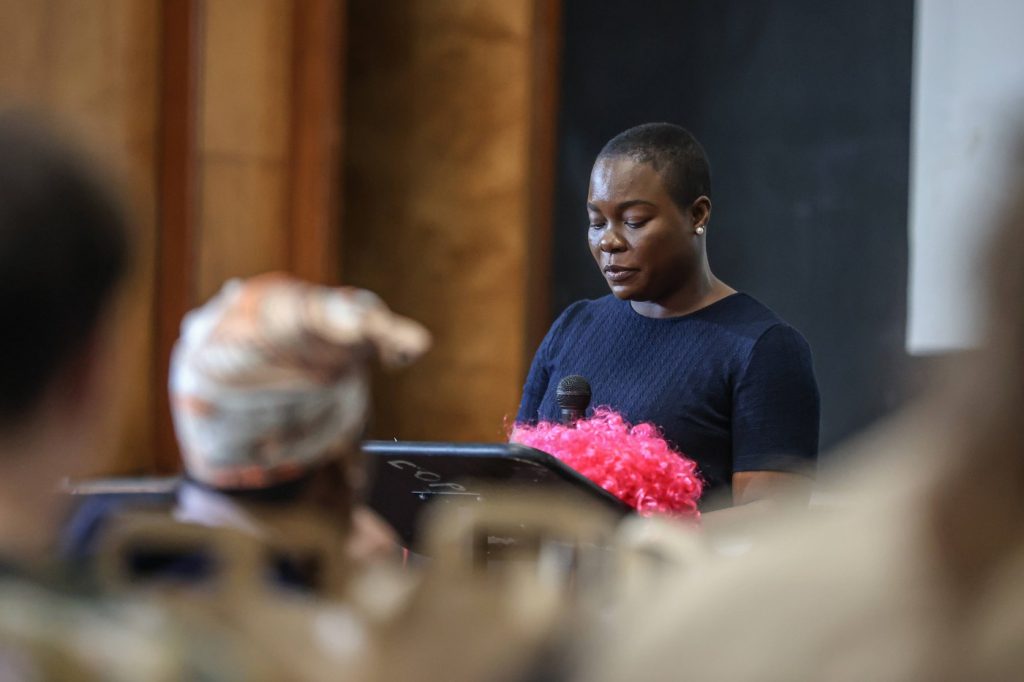
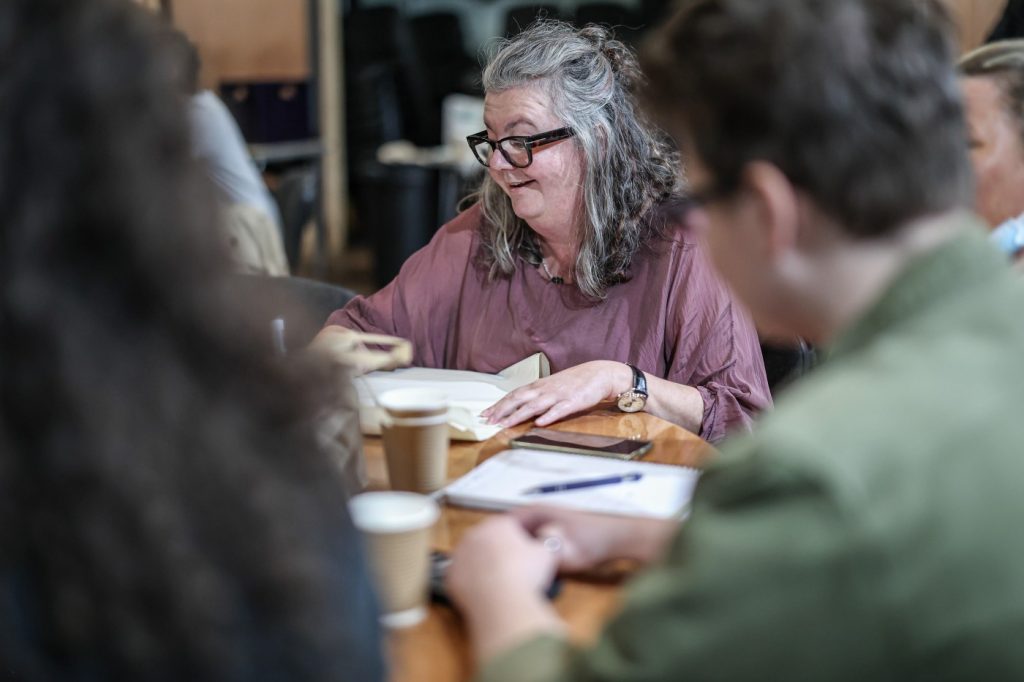
Reflections on living in lockdown: sustainability
Church Action on Poverty trustee Stef Benstead shares reflections on how the Coronavirus outbreak is affecting her life, as someone with disabilities who is used …
The churches’ role in responding to Coronavirus (part 3)
What is the gospel imperative for churches in this challenging time? Church Action on Poverty trustee Stef Benstead has been reflecting on what she’s seen. …
Reflections on living in lockdown: grief
Church Action on Poverty trustee Stef Benstead shares reflections on how the Coronavirus outbreak is affecting her life, as someone with disabilities who is used …
The churches’ role in responding to Coronavirus (part 2)
What is the gospel imperative for churches in this challenging time? Church Action on Poverty trustee Stef Benstead has been reflecting on what she’s seen. …
Reflections on living in lockdown: money
Church Action on Poverty trustee Stef Benstead shares reflections on how the Coronavirus outbreak is affecting her life, as someone with disabilities who is used …
More ‘bold and courageous’ action needed to protect millions from biggest income shock in living memory
Our Director Niall Cooper calls for further action to ensure the outbreak doesn’t sweep millions of people further into poverty
What is the churches’ role in responding to Coronavirus? (part 1)
What is the gospel imperative for churches in this challenging time? Church Action on Poverty trustee Stef Benstead has been reflecting on what she’s seen. …
New pantry friendship scheme to avert food shortages for thousands
The initiative will safeguard food provision for people at risk.
Reflections on living in lockdown: shopping
Church Action on Poverty trustee Stef Benstead shares reflections on how the Coronavirus outbreak is affecting her life, as someone with disabilities who is used …
Gathering on the Margins, 31 March
Weekly gatherings on Zoom at 2 pm every Tuesday As we do our best to social distance or self-isolate, it is more important than ever …
How people are responding to the Coronavirus outbreak
As an attempt to build up a rapid initial picture of the impact of the coronavirus crisis on organisations and individuals, we invited Church Action …
How do you run a food bank in a pandemic? Here are 6 steps we’ve taken
How one food bank in the North East is responding to rising need.
Talking global solidarity in Byker
Ben Pearson, our Food Power Empowerment Officer, shares reflections on a workshop on food justice and food security..
Reporting poverty well: another step forward
Our work with the NUJ to improve media reporting of poverty has moved forward once more.
Food banks can’t meet this demand. We urgently need a new plan
Food banks were already struggling, and will not meet the new levels of need, warns one manager.
A video message from Nick in Sheffield
Nick Waterfield talks about how Parson Cross Initiative has been keeping the community connected.
How 5 of our partners are maintaining community from a distance
See how charities and community projects can ensure we remain connected, safely.
How are you and your community responding to Coronavirus? Complete our survey and let us know
If you can share your insights, it will help us keep people connected so we can all support one another. If you have some time, …
Staying connected on the fringes – can you share stories of your experiences?
During the current crisis we want to work alongside creatives & those experiencing the crisis to create regular content for Church Action on Poverty’s digital …
Stay at home, stay connected
A prayer of hope amidst Coronavirus, from our friend Revd Raj Bharath Patta.
Coronavirus food alert: Support our calls for Government action
Government must release funds so that people can buy the food they need to be able to self-isolate. Over 500 people have emailed their MPs …
Gateshead Poverty Truth Commission launch
Our local group in the North East are supporting the new Poverty Truth Commision in Gateshead. They have a short report form the launch event.
Humanity, dignity, poverty
Church Action on Poverty trustee Stef Benstead reflects on what scripture has to say about Christians campaigning for change.
Church Action on Poverty’s approach to Coronavirus
Our thoughts and prayers are with all those impacted by the current COVID-19 Coronavirus outbreak. Church Action on Poverty is approaching this with the utmost …
Speaking Truth to Power in Gateshead
Church Action on Poverty North East report on their event for Church Action on Poverty sunday 2020.
Unheard no more: Story project brings hope for change
Five people with experience of complex poverty have been speaking up to press for change, as part of an exciting …
Our use of social media: an update
In recent years, social media networks have become less useful as a way of having conversations, sharing messages and mobilising …
Just Worship review
Theologian Greg Smith reviews the new book by anti-poverty activist Stef Benstead.

